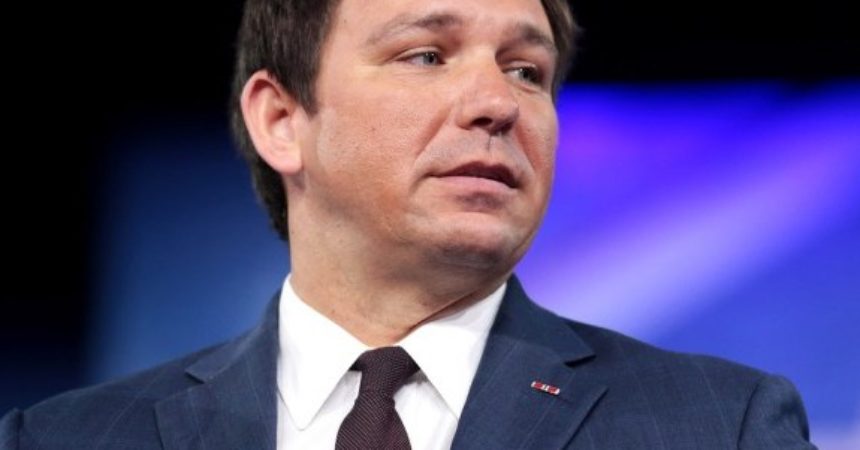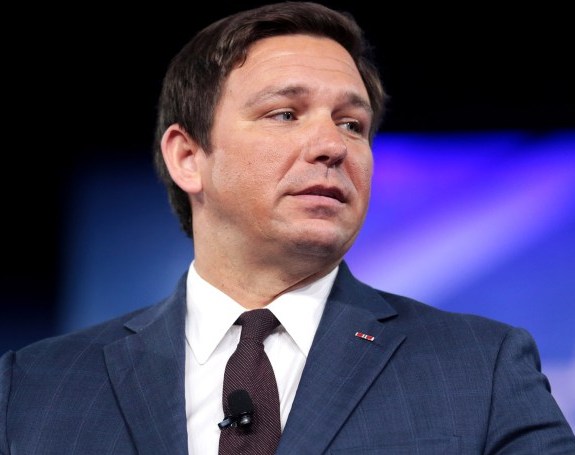
Panel targets lower health cost, improved care

Ron DeSantis
By Christine Sexton
The News Service of Florida
He may not have campaigned heavily on health care, but incoming Gov. Ron DeSantis is promising to make it a priority now.
Lt. Gov.-elect Jeanette Nunez last Wednesday told members of DeSantis’ Transition Committee on Health and Wellness that the panel is “well-equipped, eager and ready” to create a blueprint to help lower costs and improve people’s health care.
The committee will meet three times before submitting recommendations to the new administration, said Nunez, who is leading the committee along with Alan Levine, a former secretary of the state Agency for Health Care Administration who is now CEO of Ballad Health.
The goal of the committee, Nunez said, is to provide the administration with the “knowledge base and resources that we are going to need to deliver on the commitment to a healthy Florida. That is the overarching goal, and it is a lofty goal and there are a lot of components to it.”
While the recommendations will include suggestions on lowering costs, Nunez said the administration wants the committee to include recommendations that will make long-term improvements in the health care of Floridians.
DeSantis, who will take office Jan. 8, will inherit a Medicaid program from Gov. Rick Scott that is mostly administered through managed-care plans. Florida has 305 acute, long-term and psychiatric hospitals and 686 nursing homes. The state ranked 33rd in U.S. News and World Report’s Health Care Rankings List. The score was based on three broad benchmarks: access to care, quality of care and the overall health of the population.
“What are the things we can do to make sure we can approach the overall health and wellness of future generations in a holistic way? In a way that that understands it’s not just about the delivery of health care services but beyond?” Nunez asked the committee members.
The committee focused on steps that can be taken to lower costs and to make health care more affordable for Floridians. It was a theme DeSantis made the centerpiece of his health-care agenda.
To that end, the group discussed the emergence of “association health plans” and new regulations that allow small employers — including sole proprietors and people who are self-employed — to access insurance through the plans. It also discussed the increased use of telehealth and direct primary care.
Levine suggested the state conduct a review of its claims experiences in Medicaid and the state employees’ health-insurance program to determine the largest cost drivers. With information in hand, he said, the state could partner with the state university system on developing solutions.
Before adjourning, committee members heard from long-time children’s advocate Jack Levine.
Noting that the committee was meeting on the 20th anniversary of former Gov. Lawton Chiles’ death, Levine asked that the DeSantis administration consider a “prevention” budget. Levine said Chiles is credited with lowering the state’s infant-mortality rates by expanding Medicaid eligibility to pregnant women, while also investing in an anti-smoking campaign to lower teen smoking rates.
Levine suggested that the DeSantis administration consider providing state incentives to counties that pass local taxes to help fund children’s services councils. Nine counties have passed such taxes, most recently Alachua County, Levine said.
The committee will hold a teleconference meeting on Jan. 2.







